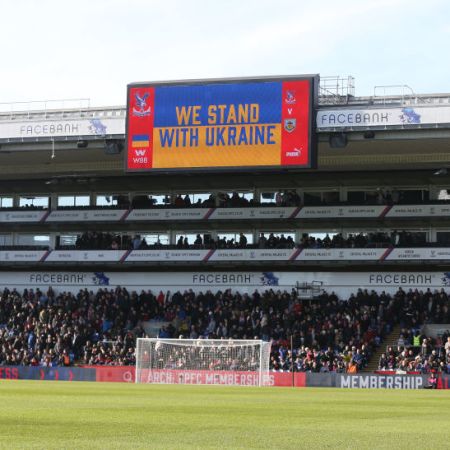Credit where credit is due: the goal that decided this year’s UEFA Champions League Final didn’t come from the foot of Erling Haaland or Romelu Lukaku or any of the big-name attacking players who appeared on the pitch on Saturday’s match. Instead, it was defensive midfielder Rodri who scored the game-winning goal for his Manchester City side against Inter Milan — a goal which happened to be the only one of the game.
That was surprising. The rest of the match? Less so.
To be fair, Manchester City is a fantastic team. Combine a prodigiously talented roster of players with perhaps the greatest living soccer coach in Pep Guardiola and you have a team that gets results. Saturday’s win, in fact, represented the final component of a treble — wins in the Champions League, Premier League and FA Cup. But that is, arguably, part of the problem here.
Manchester City didn’t win the EFL Cup this year, but they can take solace in the fact that they won it every year from 2018 to 2021. They’ve also finished at the top of the Premier League table for five of the last six seasons. A Champions League win was the only major trophy that had, so far, eluded Manchester City under Guardiola. Now, they have it.
Since not long after the Abu Dhabi United Group for Development and Investment purchased Manchester City in 2008, the team has been racking up wins and trophies — something that’s only been magnified since Guardiola took over at the team in 2016. But the combination of deep-pocketed owners and a strategically-minded coach hasn’t been without some controversy.
That question of deep pockets shouldn’t be understated. Squad depth is an issue throughout soccer. For a Premier League team like Man City (or Liverpool or Manchester United) looking to compete seriously in the league as well as European competitions as well as domestic cup competition, having that level of depth is essential. Not every club can afford that; it’s one of the reasons that Leicester City’s Premier League win in 2016 — or even Wigan Athletic’s FA Cup win in 2012 — can feel seismic.
There are, nominally, measures in place to prevent teams from outspending one another to an absurd extent. But it’s less clear how well they work in practical terms. Manchester City faced charges from UEFA, the governing body of European soccer, in 2019. After making it through that process unscathed, they’re now facing something similar from the Premier League itself. The Athletic published a comprehensive explanation of the charges in May, described in the article as “a series of alleged breaches of financial rules between the 2009-10 and 2017-18 seasons.”
Get to Know Erling Brut Haaland, European Soccer's Next Megastar
The 19-year-old Norwegian has every skill needed to be one of soccer’s best playersIt isn’t yet clear what the effects of these charges will be. It’s possible that the panel set to rule on it will do so in the club’s favor; it’s also possible that they could face points deductions going forward and even legal action from other clubs, as per The Athletic’s reporting.
For now, one of the appeals of the Premier League is that it’s less predictable than other elite European soccer leagues. There isn’t really a counterpart to, say, Bayern Munich winning 10 consecutive league titles in a row. Or, at least, there hasn’t been. Today’s win takes us a step closer to Manchester City occupying a similar place in the Premier League. That might be great for the club and their supporters; as for the league in which they play, it’s a little more complicated.
The Charge will help you move better, think clearer and stay in the game longer. Subscribe to our wellness newsletter today.


















